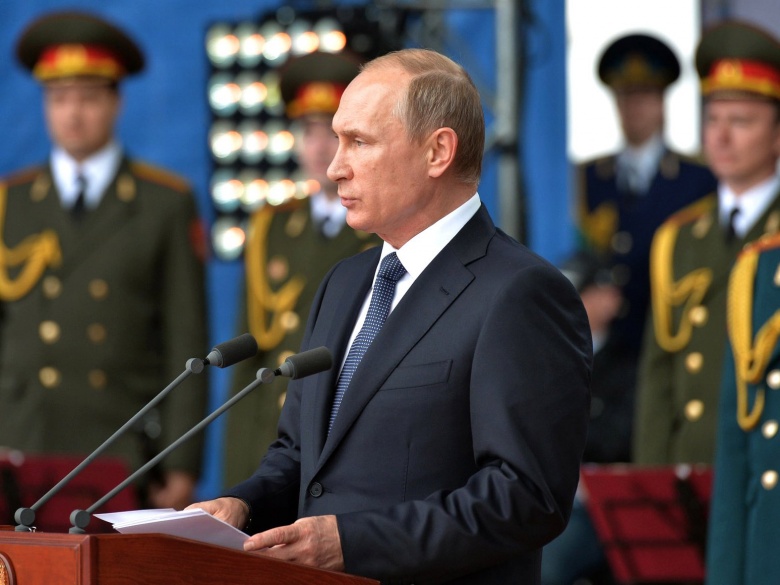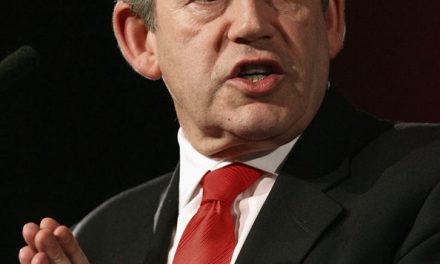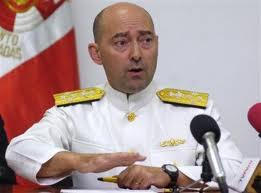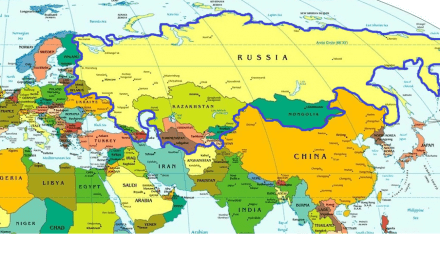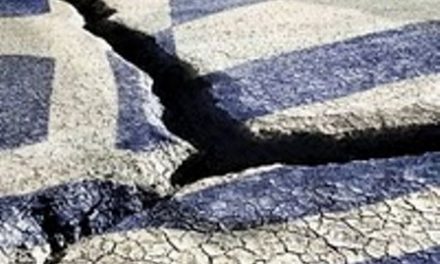Top Russian pollster explains Putin’s high popularity
The slump in the rouble, the decline in the price for oil and Western sanctions have raised Russian prices, lowering the county’s satisfaction with life index. Yet the head of state remains as popular as ever, with a 74% electoral rating. In an interview with Izvestiya correspondent Anastasiya Kashevarova, “Public Opinion”polling company head Alexander Oslon explained this not only by the “Crimean factor” but also by the fact that the president is perceived as society’s savior.
Q: How does the regular publication of ratings affect society and the institutions of power?
Oslon: Attitudes may be understood in various ways. ”Will you vote for this politician or not?”, “Do you trust this politician?”, “Is he doing a good job?”, “Does he reflect your interests?”, “Do you like him as a person?”, “Is he hurting or helping the country?” So there is the electoral rating, the trust rating, etc.
Q: What was Vladimir Putin’s electoral rating like at the very beginning?
Oslon: In August-September 1999 only 3 per cent of Russians knew Putin’s name. In October 1999 it was 19 per cent and in December 41 per cent. That was an incredible figure, that most analysts did not believe possible.
Q: What made his ratings grow so much?
Oslon: Some say that Putin became a hero for resolving the Chechen War. But according to our polls, it was rather the fact that in the fall of 1999 pensions began to be paid on time everywhere for the first time in many years. He gave an order and it was carried out. That made a very powerful impression and it was based on what was at the time the most important social problem.
After 2004, people paid attention to the development of the economy, and Putin’s vocabulary changed – instead of reform, other key words appeared: billions, plans, pipeline systems, dollars, investments. The period from 2004 through 2008 created a completely new consumer environment, the range of products as well as wages rose, and there were new reasons to study as careers became possible, forming a middle class. Economically, those years were the best, the summer of 2008 being the high point for the Russian economy.
At the end of 2008 the world economic crisis struck, and strange as it may seem, that’s when Putin’s rating started growing again. From the fall of 2008 through all of 2009 it was 60% or more. The population drew together around the leader under crisis conditions because they perceived that he was not complicit. When the crisis ended – from the beginning of 2010 – his rating fell below 60 per cent.
Q: Why was there a sharp decline in his rating in 2011?
Oslon: There had been a substantial rise in the relatively affluent population which became disappointed in February 2012 when housing and municipal service bills were raised.
Q: But were people disillusioned with Putin or with the system?
Oslon: They were disillusioned with the situation, and by the time of the elections of March 2012, Putin’s rating had risen to 49 per cent, and in the second quarter it was 52 per cent. Later, right through March 2014, it averaged 46 per cent.
Q: What happened then, Crimea?
Oslon: Yes! No one had anticipated this, and it shook the deep archetypical structures of mass perception. This was not connected to the fact that there was more land or that they had their childhood back and they could travel to Crimea again, nor even to any imperial dream – it was for geopolitical reasons having nothing to do with the population’s future reaction. Those who think it was possible to predict that reaction are wrong. EVERYONE learned this LATER, primarily from the poll. The reaction to Crimea became a commonplace, but at the time, in mid-March 2014, it was completely unexpected.
In the end, the Crimea phenomenon showed not only in attitudes towards Putin and the government, it changed the attitude of the majority of Russians towards themselves, raised their self-esteem and self-respect, made them review their idea of Russia in the world, our successes and failures, and what they wanted. It was an upheaval, an eruption, proving yet again that symbolic upheavals can be stronger than objective, material factors. And of course Putin’s rating started to change as the key indicator of the Crimean phenomenon. In the first quarter of 2014 it was 50 per cent, in the second it was 66 per cent, in the third, 69 per cent, and in the fourth 71 per cent.
But there was another factor raising the president’s rating. At the end of 2014, the rouble fell, oil fell, and the dollar surged. The crisis started to be manifested through inflation, the rise in prices but as in the previous crisis, this was a factor that maintained Putin’s rating.
Q: What factors indicate that the population perceives a crisis situation?
Oslon: According to the recent”GeoRating” poll taken in the regions, respondents believe that the situation in the region is deteriorating: In August 2014 we had 13%, in March 2015 we had 28%, and in December 29%. Russians more often report a deterioration in their personal material situation: In April 2014 21% said so, in March 2015 the figure was 42%, and in December 2015 it was 54%. Most often this because prices have risen. We are also encountering a “position deteriorating” response more frequently: In August 2014 it was 19%, in March 2015 it was 39 %, and in December 2015 it was 46%. That includes lay-offs, what respondents know from other people, and also information from mass communications channels, including both objective and subjective assessments.
Q: Has protest activity risen?
Oslon: We know nothing about protest activity only what people say about their readiness to protest. In August 2014 19%were ready to take part in protest actions, in March 2015 the figure was 20% and in December 2015 it was 24%.
Q: What is changing in the political ratings?
Oslon: Most likely “crisis grievances” will mainly target economic leaders rather than political leaders.Putin’s rating is protected for the time being because the economic crisis comes from outside. and Putin is the protector.
Q: For United Russia much depends on Putin’s rating, its own rating is declining now, but the president’s is not.
Oslon: United Russia is highly dependent on Vladimir Putin’s rating. Since the New Year, United Russia has dropped three points. Because of the deterioration of objective conditions and the decline in living standards, there will be a rise in protest sentiment and activity, but Putin’s rating will be the last to fall.
If we average Putin’s electoral rating (74%) and his trust rating (85%) the figure is 85%. If we take all questions about Putin (we have four of them, you can look on our website, www.fom.ru) as a kind of test, 73% give positive responses for Putin on all these questions (it is stable, but before Crimea the figure was 42%) while 4% are totally negative, 16% are a mix, and 6% are indifferent.
The Crimea mysterious influence on the Russian population, manifested in the radical surge in Putin’s rating and its stability, is a special phenomenon.

